A Dundee schoolgirl with a passion for equal rights discovered that one of her relatives had been interred in Auschwitz just days before she made an educational trip to the former Nazi concentration camp in Poland.
Elsie MacDonald, 16, a fifth year pupil at Harris Academy, was surprised to learn that her great uncle Henry had been sent there as a Polish political prisoner at the height of the Second World War and that her relative’s father had died of starvation there alongside an estimated 1.1 million other murdered prisoners.
“I’d actually been told a couple of nights prior to the trip that my great uncle had been in Auschwitz,” said Elsie who was one of two Harris pupils selected as Lessons from Auschwitz ambassadors for a trip to the former camp in October.
“For me it was strange thinking about him walking along and being in that exact place.
“It’s weird to think he had actually been there.
“He was Polish. Him and his father were taken there as political prisoners. His dad died of starvation in Auschwitz.
“His mum made friends with a guard who gave him extra food. That’s how he survived.
“After the war they came to Scotland. He ended up marrying my grandfather’s sister.”
Elsie and fellow fifth year Harris pupil Sarah Mathieson travelled to Auschwitz – now preserved as a museum – with other Scottish pupil ambassadors in October.
They were selected by their school after writing “outstanding” essays about prejudice.
Elsie said: “I wrote about discrimination, homophobia and stuff within our own school because quite a lot I get people shout things at myself particularly in the corridor – people who don’t even know me. I was just writing about how discrimination can come in different forms.”
Sarah, 16, a former Ancrum Road Primary pupil who was also an Anne Frank Ambassador in second year at Harris, said that seeing the piles of human hair, shaving kits, suitcases and shoes on display at the Auschwitz-Birkenau State Museum had really brought home the human side of the Holocaust.
“For me actually seeing all the stuff made me realise just how many people were involved,” she said.
“The sheer scale. In some ways it’s harder to comprehend when you see it – that humans were capable of doing something like that on such a scale in such a short period of time.
“I think for me I didn’t process it until after I came home because it was such a short trip. It was a lot to take in in one day.”
Elsie said that since returning they had done a couple of presentations to S2 classes.
One of the most important things she wanted to get across was the “human nature of the Nazis” in a bid to understand how easy it is for society to fall into such a trap.
“It’s not just monsters – it’s difficult to comprehend that it was human beings that did these things,” she said.
“If we were in a situation that existed in Germany, if the Nazis were in charge, we most likely would have complied like everyone else.
“Very few people had the confidence and thought process to be able to stand up against it.
“The people who went along with the Nazi regime weren’t awful people – they were just like you and me. That’s perhaps the most frightening thing.”
Teacher Robyn Lee said of the girls: “They have been amazing and I’m glad they did it. They were the right people for the job!”
- Here, an Auschwitz survivor tells The Courier how she kept her promise to tell a dying teenager about the horrors of the Holocaust at the “gates of hell”.
- Here, a Polish born Jew who hid from Nazi storm troopers in a hole dug beneath the wardrobe of her family home during the Second World War blames Brexit for “dividing people” and a rise of “anti-immigrant” sentiments in parts of Britain since 2016.
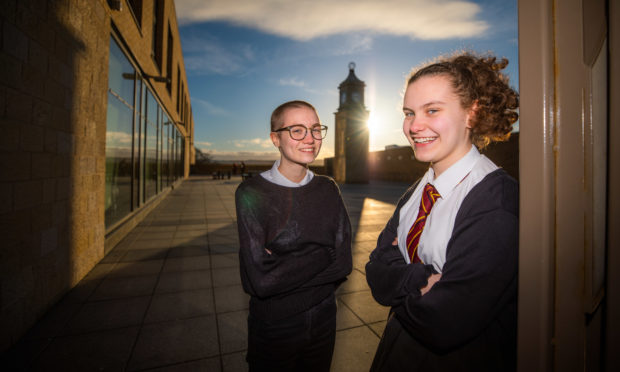
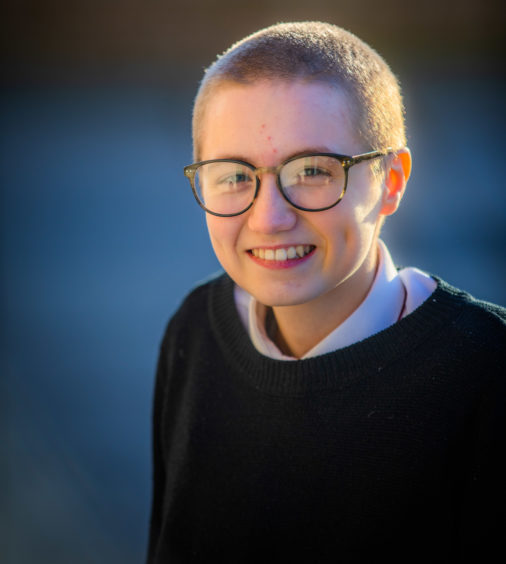
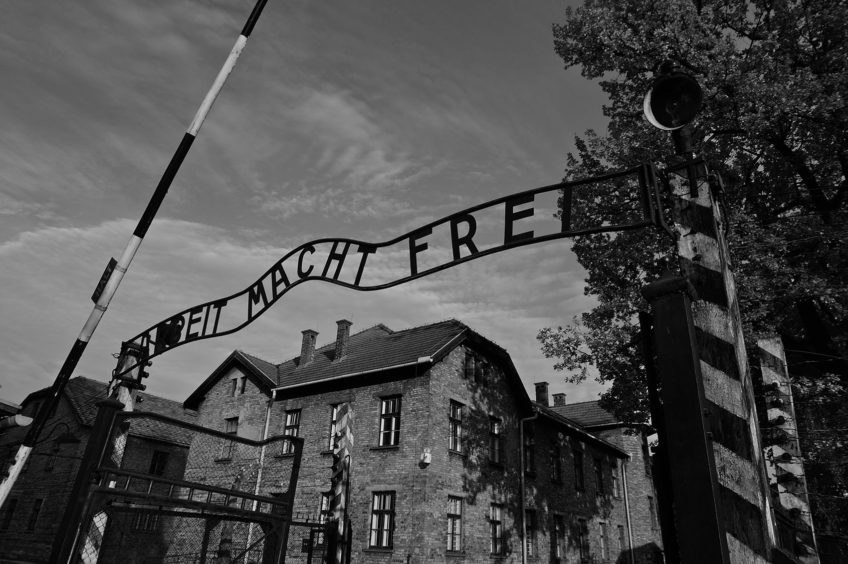
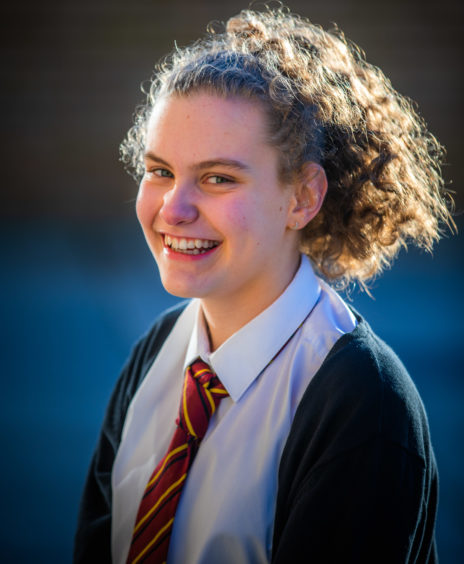
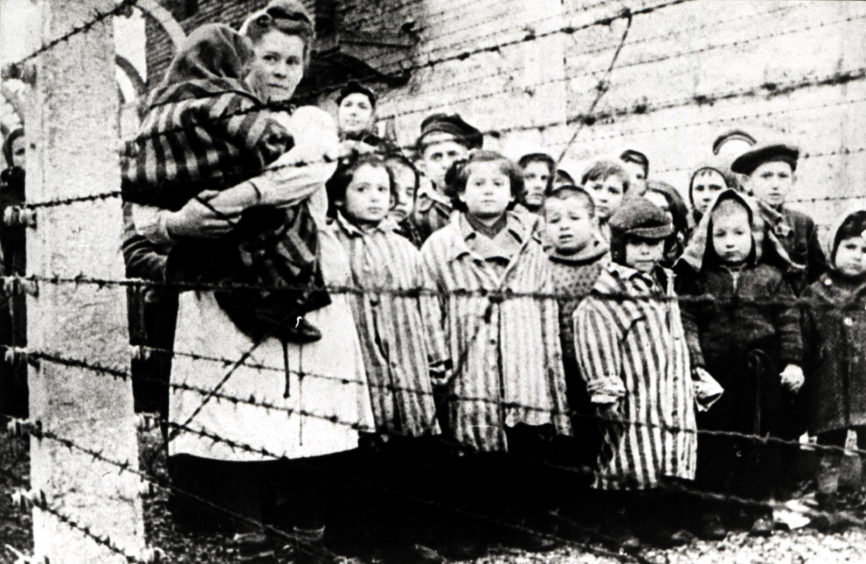
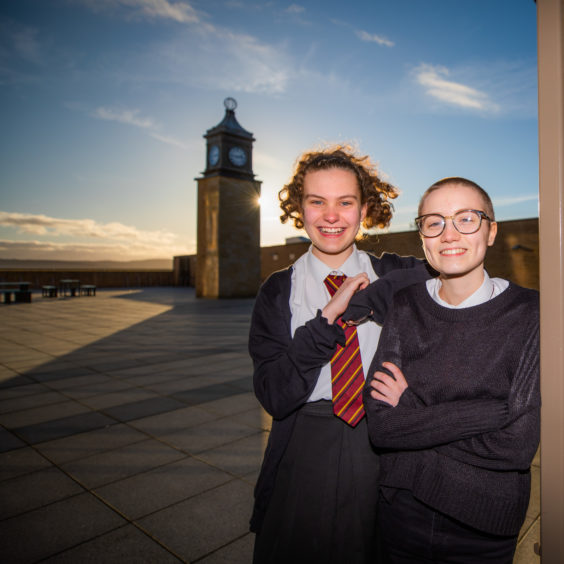
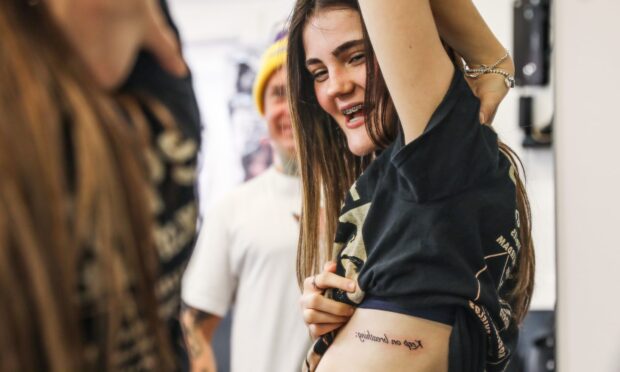
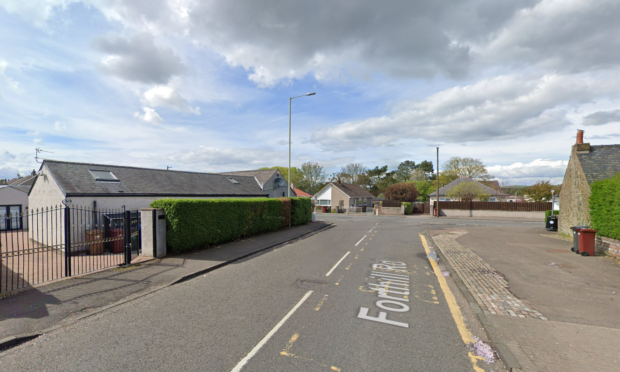

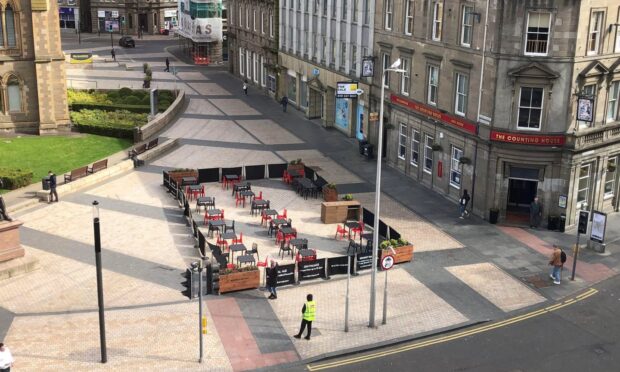
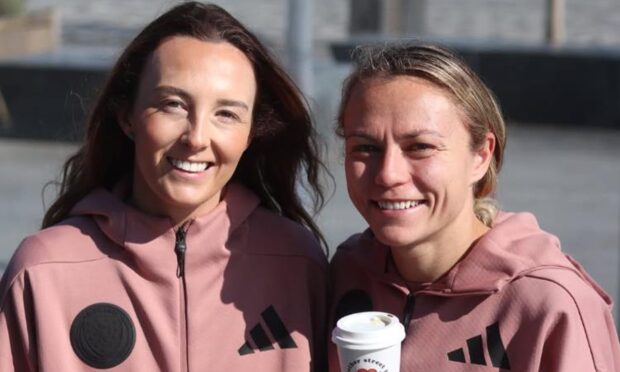

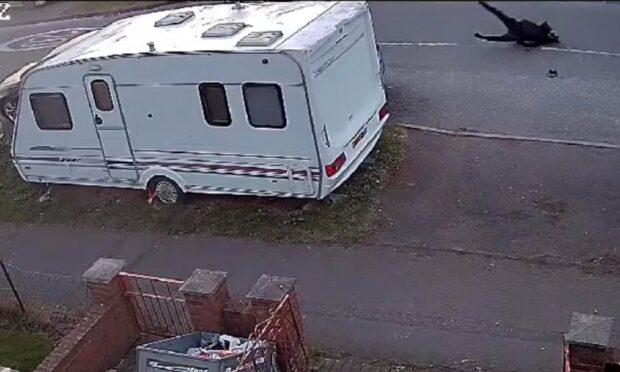
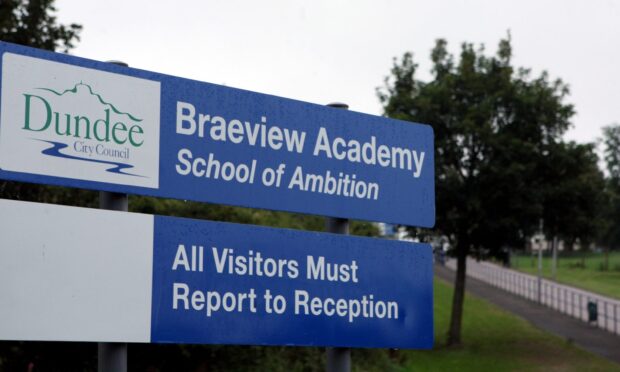

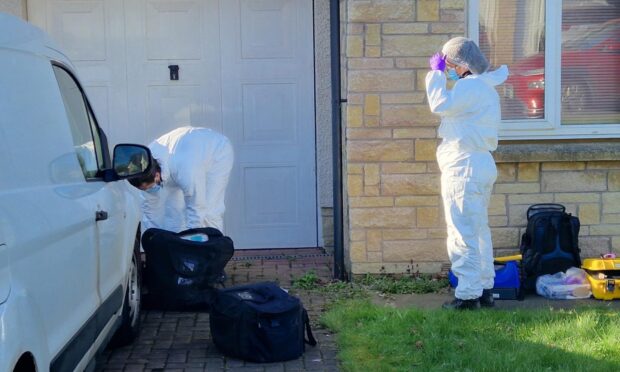
Conversation